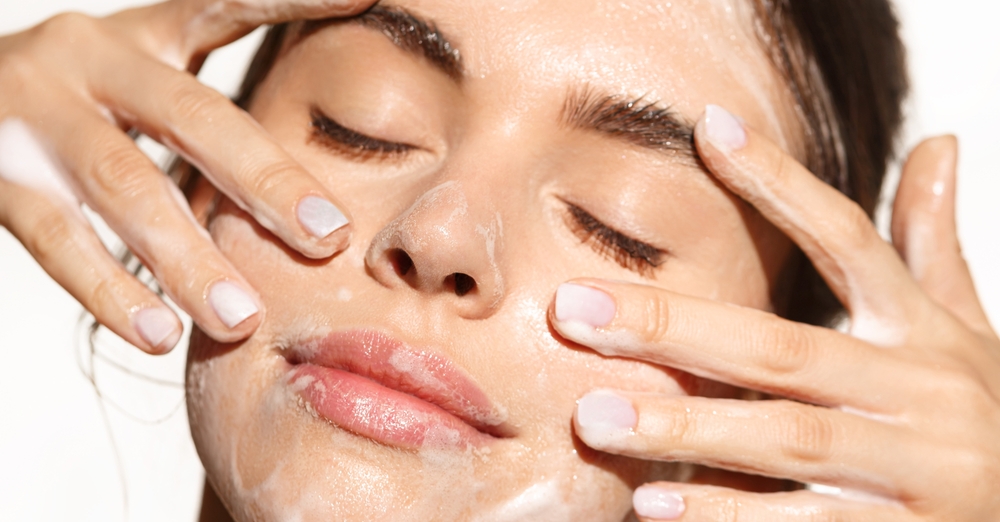Shop At Haya: Your Ultimate Shopping Guide
Discover the best shopping tips, trends, and deals for a smarter buying experience.
Skincare Secrets Even Your Dermatologist Might Not Share
Unlock skincare secrets that could change your routine forever—insights even dermatologists might not reveal!
5 Lesser-Known Ingredients That Can Transform Your Skincare Routine
When it comes to skincare, many people rely on popular ingredients like hyaluronic acid and retinol. However, incorporating lesser-known ingredients can elevate your routine and address specific skin concerns effectively. For instance, bacuchiol, often referred to as a natural alternative to retinol, offers similar anti-aging benefits without the irritation. Another gem is niacinamide, a form of vitamin B3 that helps to minimize pores and improve skin texture, making it a must-have for anyone seeking a smoother complexion.
Additionally, consider adding marula oil to your regimen. This lightweight oil is rich in antioxidants and provides deep hydration, making it perfect for all skin types. Next on the list is fulvic acid, which can enhance nutrient absorption and promote a brighter skin tone. Lastly, rice bran oil is a powerhouse for soothing and moisturizing while being gentle enough for sensitive skin. By experimenting with these transformative ingredients, you can unlock a new level of skincare that caters to your unique needs.

The Truth About Exfoliation: How Often Should You Really Do It?
Exfoliation is a crucial step in any skincare routine, yet its frequency can often be a source of confusion. How often should you really exfoliate? The general recommendation is to exfoliate 1-3 times per week, depending on your skin type and the type of exfoliation you opt for. Physical exfoliants, like scrubs, may be too harsh for sensitive skin if used too frequently, while chemical exfoliants, like AHAs and BHAs, can offer more versatility and gentleness. It's essential to listen to your skin; if it feels irritated or inflamed, scale back your exfoliation sessions.
Moreover, understanding the different types of exfoliation can help determine the best approach for you. Manual exfoliation involves scrubs or brushes, which physically slough off dead skin cells, while chemical exfoliation employs acids to dissolve bonds between dead skin cells. For those with oily or acne-prone skin, more frequent exfoliation can help prevent clogged pores, whereas dry or sensitive skin may require a gentler, less frequent schedule. Ultimately, the key is to find a balance that suits your skin's unique needs.
What Your Dermatologist Won't Tell You About DIY Skincare Remedies
When it comes to DIY skincare remedies, there is often a wealth of information available online, but what your dermatologist won't tell you is that not all natural ingredients are safe or effective for every skin type. While many people turn to home remedies thinking they are a gentle alternative to commercial products, some common ingredients can actually cause irritation or allergic reactions. DIY skincare remedies can lack the targeted effectiveness of professional treatments and may not be formulated with the proper pH levels, which can lead to more harm than good.
Additionally, your dermatologist may not emphasize the importance of patch testing when trying new DIY skincare remedies. A patch test involves applying a small amount of the product to a discreet area of skin and waiting 24 hours to see if any redness or irritation occurs. This simple step can save you from serious reactions that could occur when applying a new mixture all over your face. Remember, just because an ingredient is natural does not mean it's harmless; always proceed with caution and consult with your dermatologist for personalized advice.